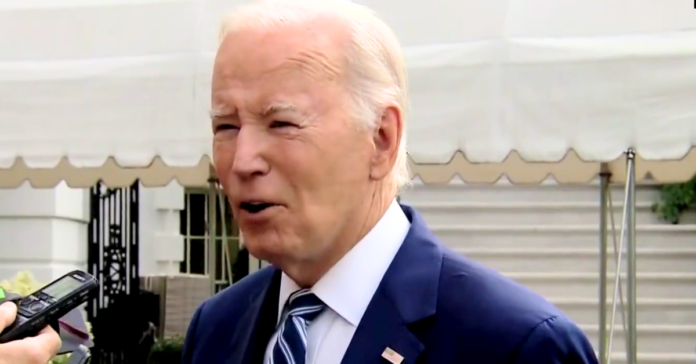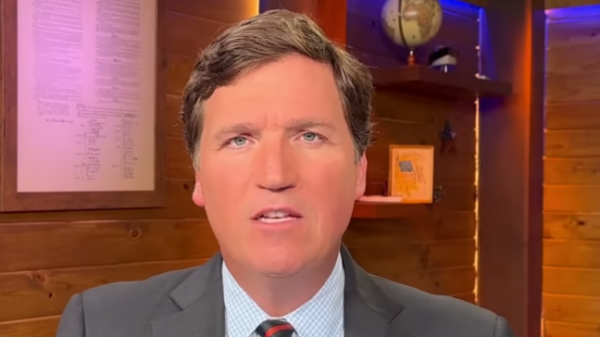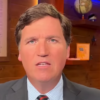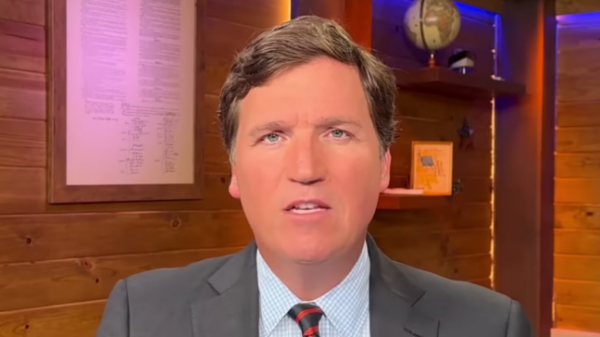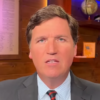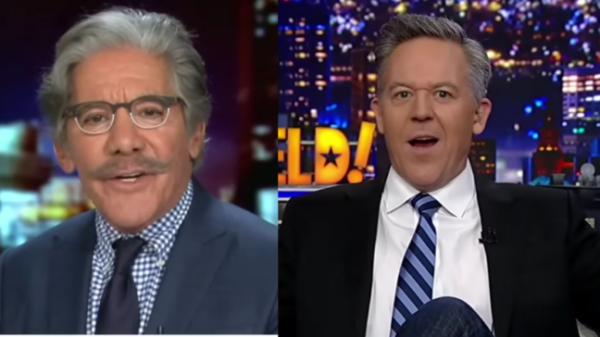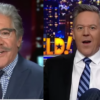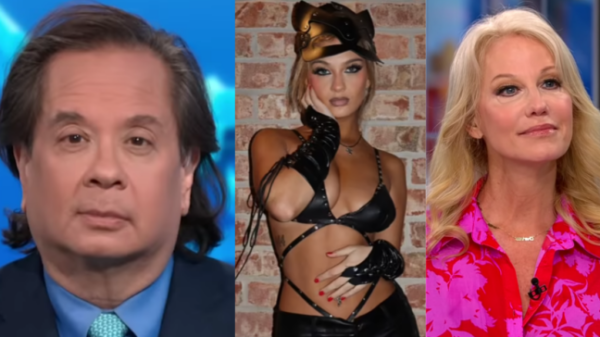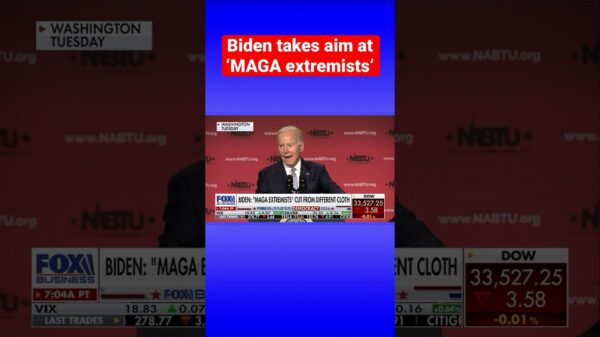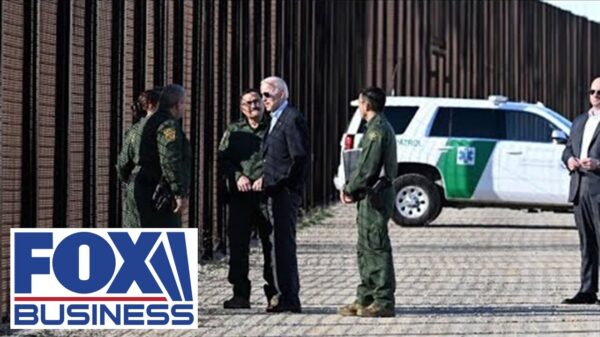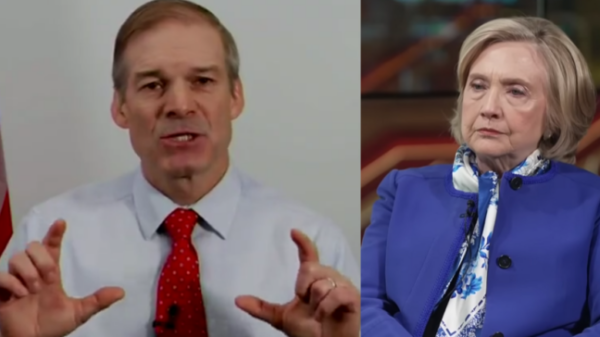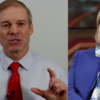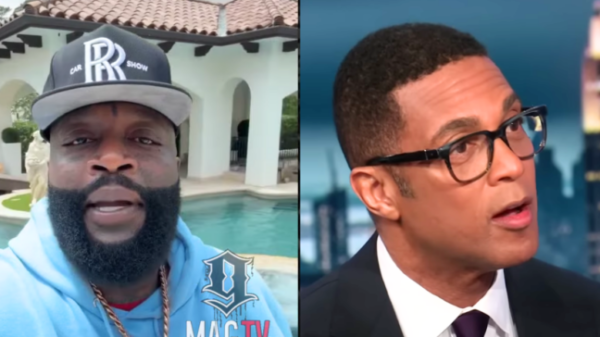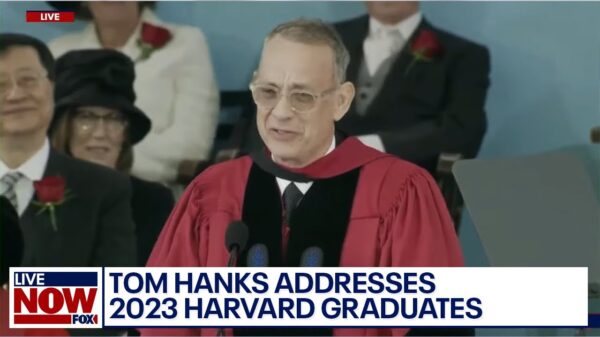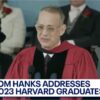The New York Times has independently confirmed one of the key claims of IRS whistleblower Gary Shapley in a massive blow to President Joe Biden and Attorney General Merrick Garland.
Shapely was the lead IRS official on the Biden case and he testified that U.S. Attorney David C. Weiss, the lead Department of Justice prosecutor on the case, was rejected by federal prosecutors in Washington, D.C. and Los Angeles when he wanted to charge Hunter Biden for tax crimes committed in 2014 and 2015 in those jurisdictions.
According to The New York Times: He recounted in his testimony that he had been arguing in meetings with Mr. Weiss and other prosecutors to aggressively pursue charges against Mr. Biden stemming from his failure to pay taxes in 2014 and 2015, two years not covered under Mr. Biden’s agreement to plead guilty on the misdemeanor tax charges.
During those years, Mr. Biden was earning income from work for a Ukraine-brd energy company and Chinese clients that Mr. Shapley suggested was being channeled through entities that had a presence in Washington and the Los Angeles area.
It is not clear if Mr. Weiss was convinced those strands of the investigation should be prosecuted or was simply making sure all potential charges were pursued thoroughly.
But in mid-2022, Mr. Weiss reached out to the top federal prosecutor in Washington, Matthew Graves, to ask his office to pursue charges and was rebuffed, according to Mr. Shapley’s testimony.
A similar request to prosecutors in the Central District of California, which includes Los Angeles, was also rejected, Mr. Shapley testified.
A second former I.R.S. official, who has not been identified, told House Republicans the same story.
That episode was confirmed independently to The New York Times by a person with knowledge of the situation.
While Mr. Weiss had the authority to pursue leads that led to jurisdictions other than his own in Delaware, the department’s practices dictated that he secure the approval and cooperation of the U.S. attorneys in those districts before proceeding.
If Mr. Weiss wanted to move ahead without their approval, he could have brought the issue to Mr. Garland’s attention, and the attorney general could then appoint him “special attorney,” which would allow him to bypass the standard chain of command.
There is no indication that Mr. Weiss appealed for help from Mr. Garland or his top deputies — or that he even communicated about the case with anyone in leadership beyond the department’s top career official at headquarters.
When Mr. Grassley, at the hearing in March, pressed Mr. Garland on that point — without referring explicitly to Mr. Shapley’s claim, which would not become public for months, but tracking closely what Mr. Shapley would tell the Ways and Means Committee — the attorney general said he would “assure” that Mr. Weiss would be able to bring charges outside Delaware if that was his wish.
At a news conference after the transcript was released, Mr. Garland repeated that message.
The New York Times Confirms Key Claim of Hunter Biden Whistleblower https://t.co/kyp3J0fUN4
— Mediaite (@Mediaite) June 28, 2023
David Weiss really has to testify in front of Congress now to sort all this out. He said in a letter to Congress that he had “ultimate authority” over all aspects of the investigation?https://t.co/gNpLCwIdMl
— Dan Abrams (@danabrams) June 28, 2023
![]()

